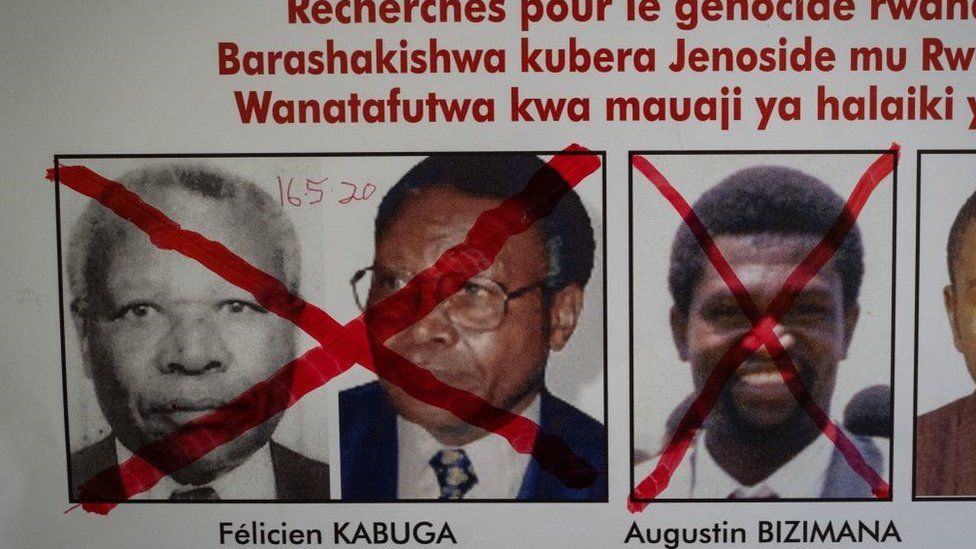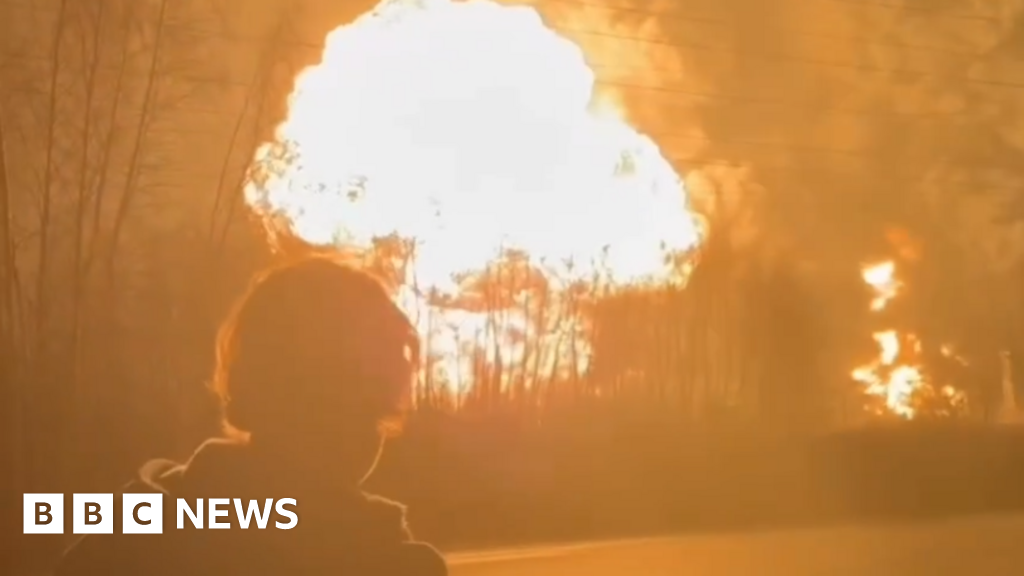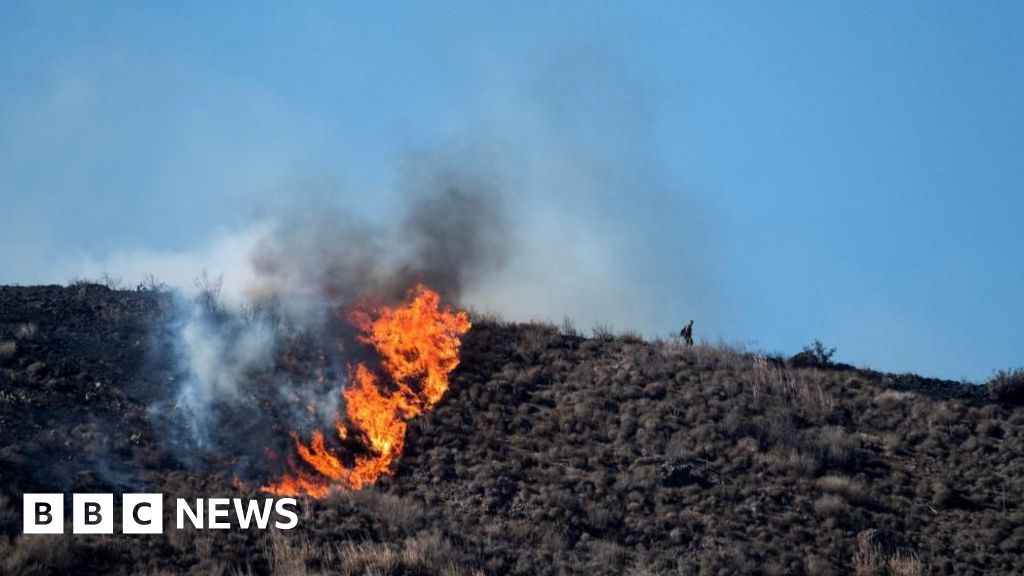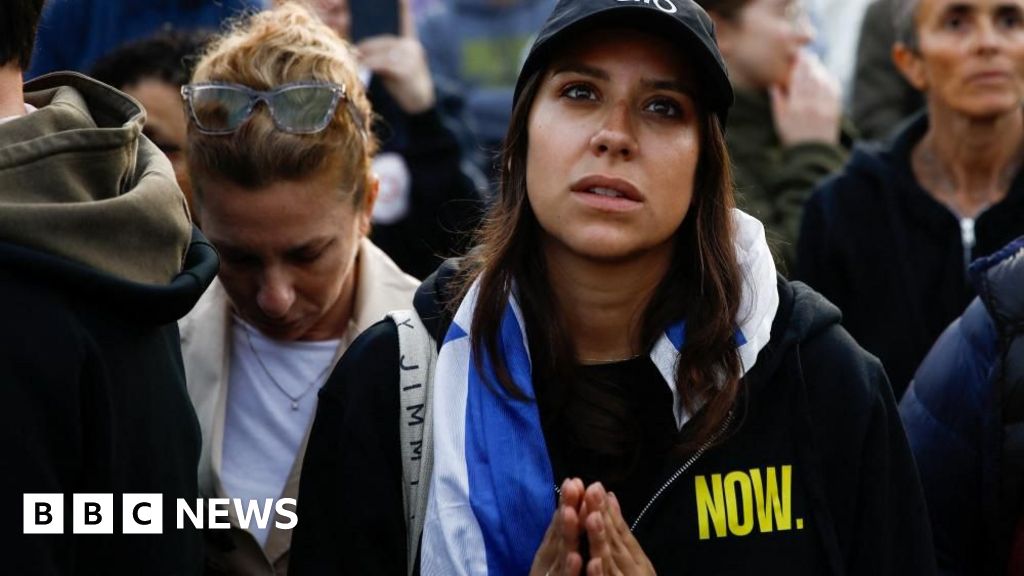ARTICLE AD BOX
By Anna Holligan
BBC News, The Hague
 Image source, AFP
Image source, AFP
Félicien Kabuga was one of the most wanted men in the world
One of the last main suspects in the 1994 Rwandan genocide is due to go on trial at a UN tribunal in The Hague.
Félicien Kabuga is charged with genocide and crimes against humanity for his alleged role in the slaughter of about 800,000 people, mostly ethnic Tutsis.
Prosecutors allege he was behind hateful messages against Tutsis, and funded and armed militias to kill them.
He has pleaded not guilty to the charges.
Mr Kabuga, in his late 80s, has decided not to attend the opening day of his trial or watch the proceedings via video link from a detention centre, although he has been described as being well.
He issued a statement, saying the court had refused to let him choose his own lawyer and he had "no confidence" in his current legal representative.
Mr Kabuga was once one of Rwanda's richest men and for decades he was among the world's most wanted fugitives.
He was arrested in France's capital, Paris, two years ago after evading capture for about 26 years.
Prosecutors say Mr Kabuga controlled a radio station, which broadcast hateful messages describing Tutsis as cockroaches and encouraging ethnic Hutus to kill them.
He is also accused of distributing machetes to militia groups and of financing them.
Mr Kabuga's lawyers entered a not guilty plea during a first appearance at the tribunal in 2020.
They have argued that he is too frail to stand trial, but judges ruled that it should go ahead but with shorter court sessions.
Prosecutors are expected to call more than 50 witnesses in a trial that could last for years.
Survivors of the genocide have called for swift justice, fearing he may die under the presumption of innocence.
The Tanzania-based International Criminal Tribunal for Rwanda sentenced more than 60 ringleaders of the genocide before closing down in 2015.
Remaining cases were taken over by a tribunal based at The Hague.

 2 years ago
20
2 years ago
20








 English (US) ·
English (US) ·